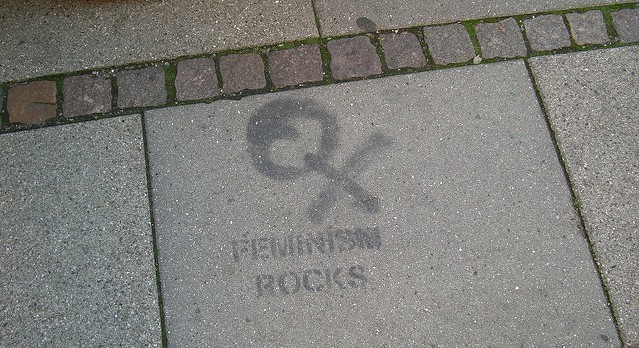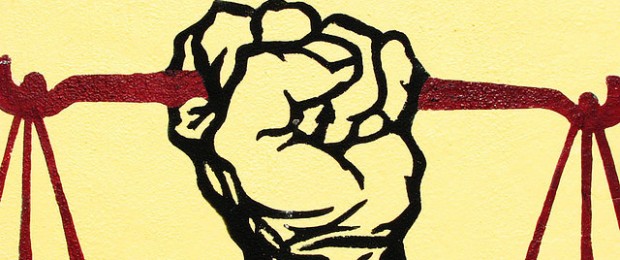April 18th, 12:30 PM - 1:30 PM EST (Eastern Standard Time).
With Barbara Muraca, Hubert Buch-Hansen and the moderator Justin Podur.
Discussion on the potential pathways for a degrowth transition. Is it a feasible path forward? Is feasibility even the right yardstick when it comes to assessing transitions and transformations? What are the main challenges and advantages to a degrowth future?
Register now for Session 6: Transitioning to a degrowth future: naïve or revolutionary?
Learn more about Aim High, Degrow: Dialogues on Degrowth and register for upcoming sessions here.

We are happy to announce a follow up to our roundtable about feminism(s) and degrowth at the Degrowth Conference in Budapest 2016. Sharing many common points, feminisms and degrowth have the potential to build an alliance which promotes mutual enrichment. One intersection is the criticism of the dominant socio-economic mode. By criticising the centrality of productive performance and by furt...
The concept of convivialism has attracted some attention in recent years. When giving it a closer look – even superficially – it soon reveals its proximity to the degrowth concept and movement. But what exactly constitutes this proximity and where are the differences? Below I will give a short summary of what we can understand by degrowth in practical and theoretical terms. Then I will continue...

… and the contribution of the "Degrowth in Action – Climate Justice Summer School 2015" By Elena Hofferberth With the 21st Conference of the Parties taking place at the end of this year, the United Nations climate process is heading towards another climax. The aim is nothing less than the adoption of an international legally binding agreement limiting atmospheric warming to a maximum of 2 deg...